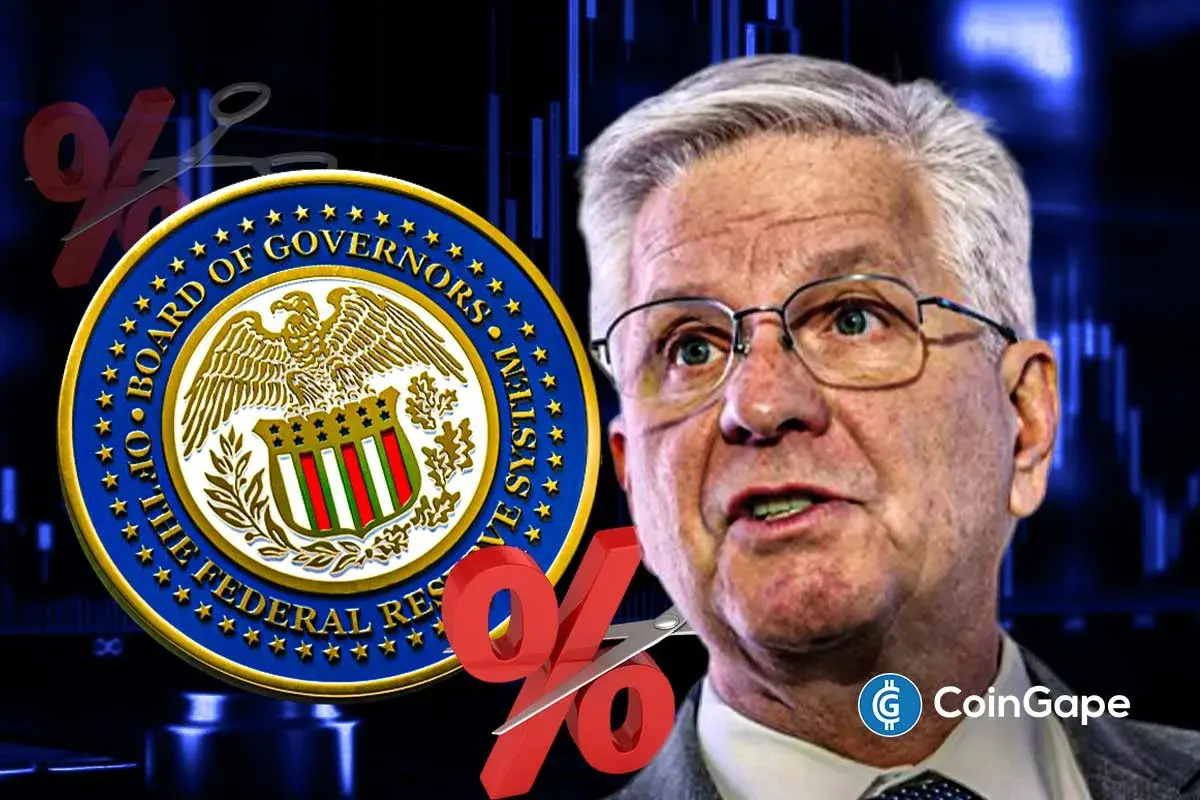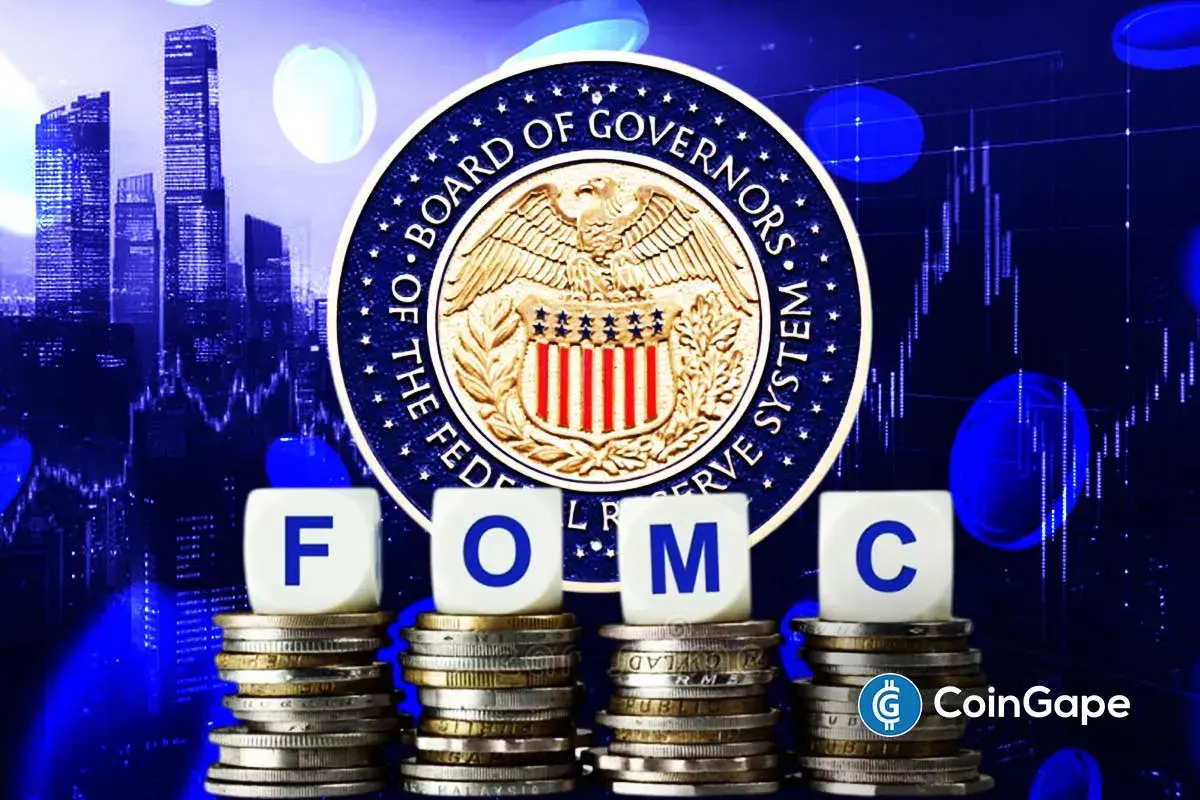Congressman Accuses US SEC of Misusing SAB 121 to Target Crypto Custody Providers

Highlights
- U.S. Congressman slams the SEC for stifling innovation through the misuse of SAB 121.
- The SEC and Federal Reserve have been pressuring banks offering crypto custody services.
- Despite regulatory hurdles, banking giant BNY Mellon secured approval to offer crypto custodial services.
Crypto custody service providers have been facing mounting pressure from the U.S. Securities and Exchange Commission (SEC) to disclose their assets on the balance sheet by leveraging the controversial SAB 121 accounting rule. Speaking on this, US Congressman Ritchie Torres stated that the securities regulator has been violating the accounting principles by upholding the SAB 121 rule.
Is the US SEC Misuing SAB 121?
Introduced by the Securities and Exchange Commission back in March 2022, the SAB 121 Bill stands for the Staff Accounting Bulletin 121 Bill. It has been in the act for nearly two years with the crypto industry calling it controversial. SAB121 requires crypto companies to provide a record of customers’ crypto holdings on their balance sheet as liabilities.
The US SEC has been asking all banks to disclose their crypto custody on balance sheets. This makes them further vulnerable to greater regulatory scrutiny. U.S. Representative Ritchie Torres has voiced its strong opposition to the SEC’s SAB 121 policy. He added that it strongly contradicts the generally accepted accounting principles (GAAP).
Additionally, Torres also accused the US SEC of stifling innovation by discouraging companies from experimenting with blockchain technology. “There is something profoundly un-American about banning innovation,” Torres remarked.
The SEC has a policy, known as SAB 121, that requires banks to put custodial assets on their own balance sheets—in violation of generally accepted accounting principles.
The SEC is effectively ordering companies not to experiment with blockchain technology. There is… pic.twitter.com/VbI8O442mu
— Rep. Ritchie Torres (@RepRitchie) September 20, 2024
Several markets have called out the US regulators for its high-handed approach to crypto regulations, by specifically targeting banks that have good business relations with crypto firms. One such recent casualty has been the Silvergate Bank bankruptcy where the Fed, FDIC, and others choked the bank as part of Operation Choke Point 2.0.
The Federal Reserve’s directive to significantly cut crypto-related deposits to less than 15% of its business ultimately contributed to its collapse.
Banking Players Opting for Crypto Custody
In recent weeks, the US SEC and the Federal Reserve have been issuing cease-and-desist orders to several banks offering crypto custodial services. Recently, the Fed targeted the United Texas Bank giving them a 90-day period to meet the AML standards. Analysts have started questioning why is the regulator targeting federally regulated banks and moving crypto custodial services into the hands of a few.
However, this hasn’t stopped big players from entering the market. On Friday, banking giant BNY Mellon got approval to offer crypto custodial services, while overcoming the SAB 121 hurdles. The bank has reportedly got an exemption from the rules. Well, this could open the Pandora’s box and get more players involved over the period of time.
- Michael Saylor Says Quantum Risk To Bitcoin Is a Decade Away, Describes it as ‘FUD’
- White House Proposes Stablecoin Rewards Compromise as CLARITY Act Odds Drop to 44%
- Trump’s Board Of Peace Eyes Dollar-Backed Stablecoin For Gaza Rebuild
- Trump’s World Liberty Financial Flags ‘Coordinated Attack’ as USD1 Stablecoin Briefly Depegs
- Trump Tariffs: U.S. Threatens Higher Tariffs After Supreme Court Ruling, BTC Price Falls
- COIN Stock Risks Crashing to $100 as Odds of US Striking Iran Jump
- MSTR Stock Price Predictions As Michael Saylor’s Strategy Makes 100th BTC Purchase
- Top 3 Meme Coins Price Prediction As BTC Crashes Below $67k
- Top 4 Reasons Why Bitcoin Price Will Crash to $60k This Week
- COIN Stock Price Prediction: Will Coinbase Crash or Rally in Feb 2026?
- Shiba Inu Price Feb 2026: Will SHIB Rise Soon?


















